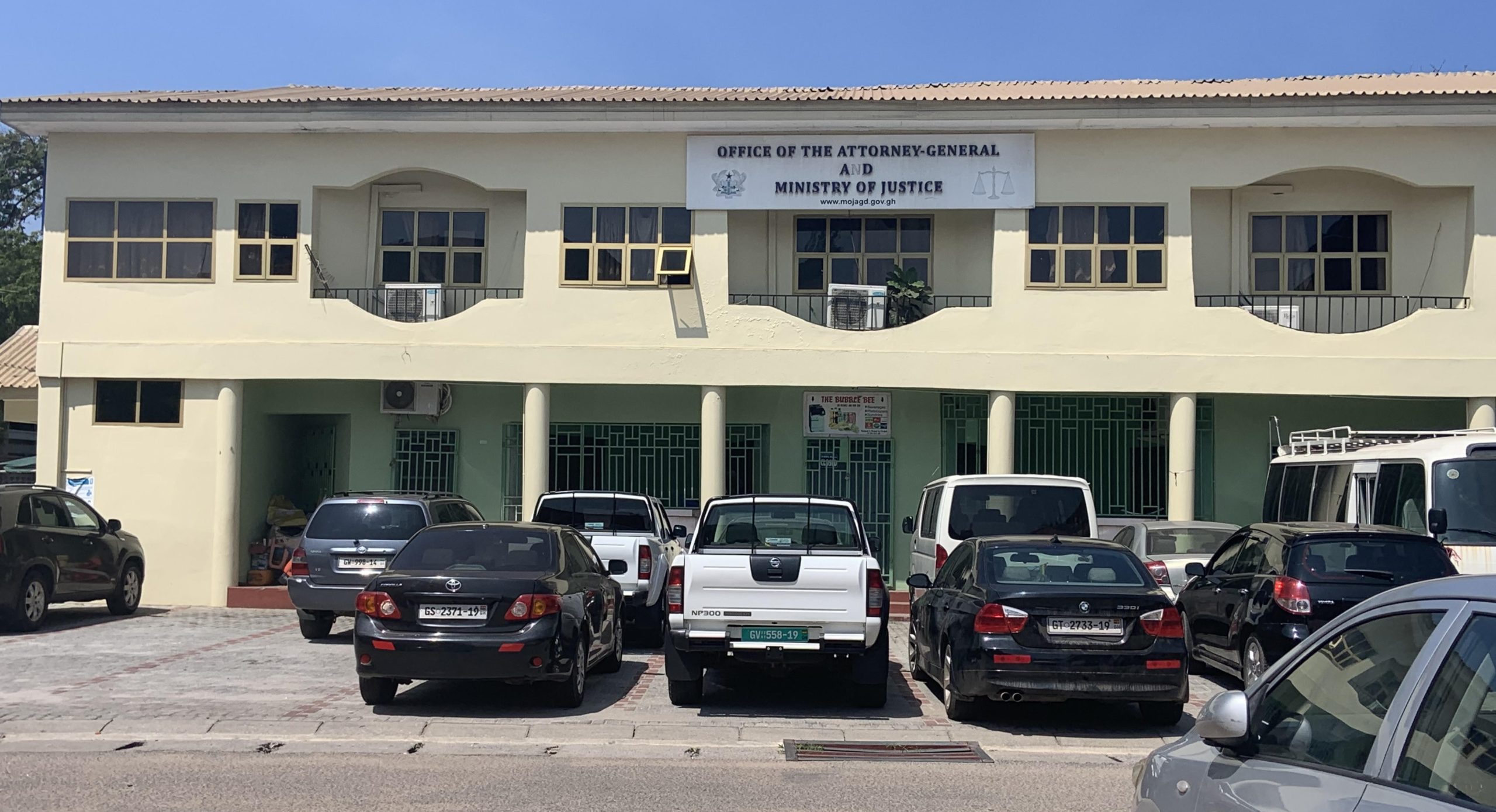Post by: Audrey Odonkor

My experience at the Attorney-General’s Office of Ghana has been illuminating. I have learned about the challenges of prosecuting people who advance their case by intimidating the victim. They threaten the victim with defamation or gross embarrassment. Suddenly, the victim, even though he was actually wronged, tries to pull back for fear that the justice he seeks will come at too high a cost to his reputation.
A dilemma arises when a complainant no longer wants to pursue a genuine case because he fears the embarrassment and public ridicule he would face in the process. In those cases, prosecutors have a tough call to make—they either allow the complainant to formally withdraw the case or they keep fighting in court for them, even without the complainant’s active support.
When God asks us to do justly, and to protect the rights of the downtrodden, did he want us to do it at all cost, with or without their support? Can justice be gained for someone who is no longer actively seeking it? Or is a person’s active engagement with the system a precursor to getting the justice they might deserve? These are some questions I have been dealing with as I reflect on God’s call to us to seek justice in the criminal justice system.
As Christian lawyers, God asks us to partner with him in meting out justice. Where justice is sought for an unwilling participant, could the value be to show that the justice system actually works, rather than to serve the individual’s desired outcome? And where does the line blur between fighting for a victim and fighting for an archetype of a victim to put a point across that such crimes will not be tolerated in a society?
As theoretical as these thoughts might seem, they reflect a gap in my understanding of the ‘why’ of fighting for justice in these situations. I pray for more wisdom and grace to understand this, and the ways in which it might look in this society.
This post was written by a Center for Global Justice Intern. The views expressed in this post do not necessarily reflect those of Regent University, Regent Law School, or the Center for Global Justice.

